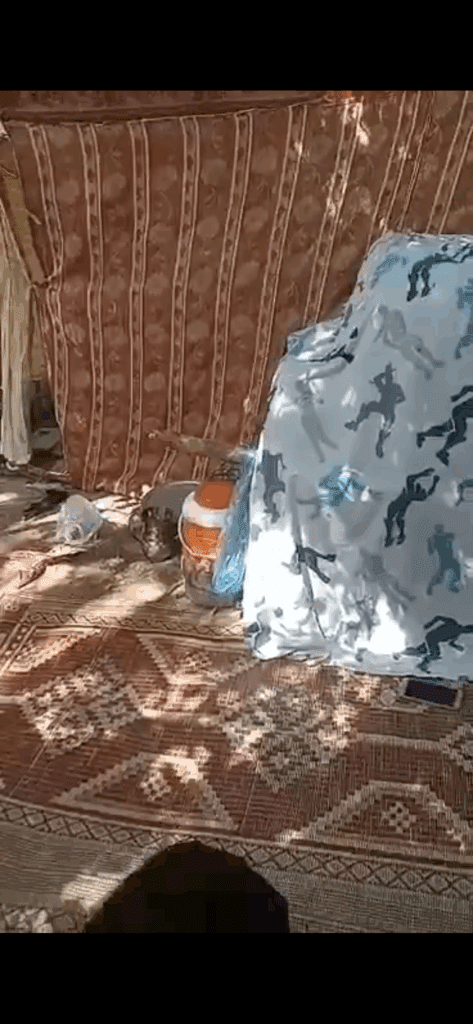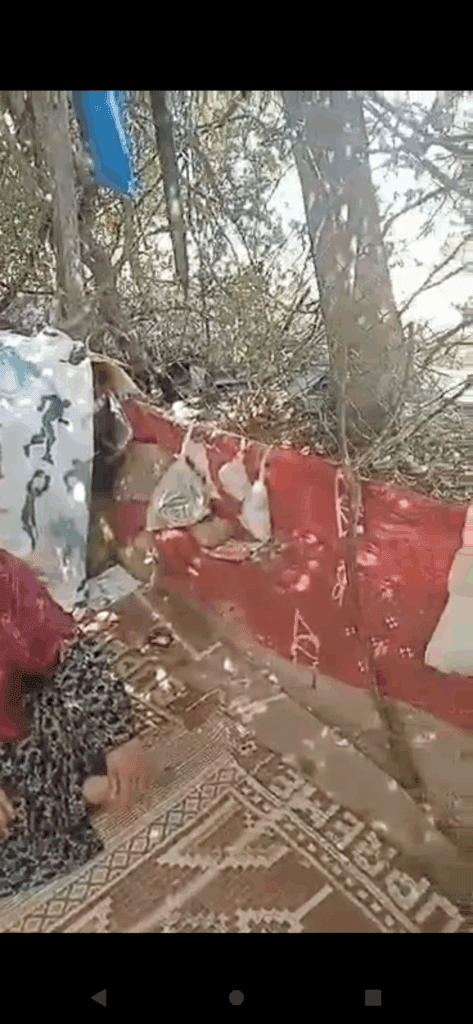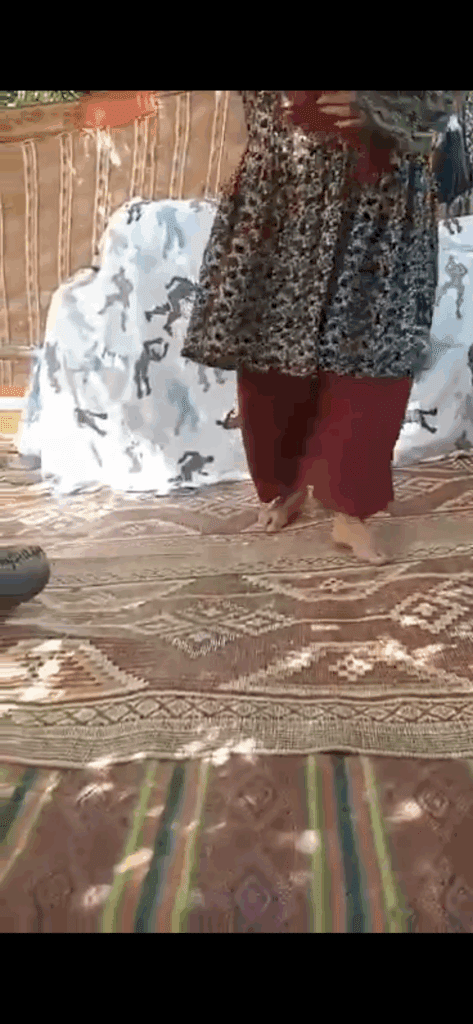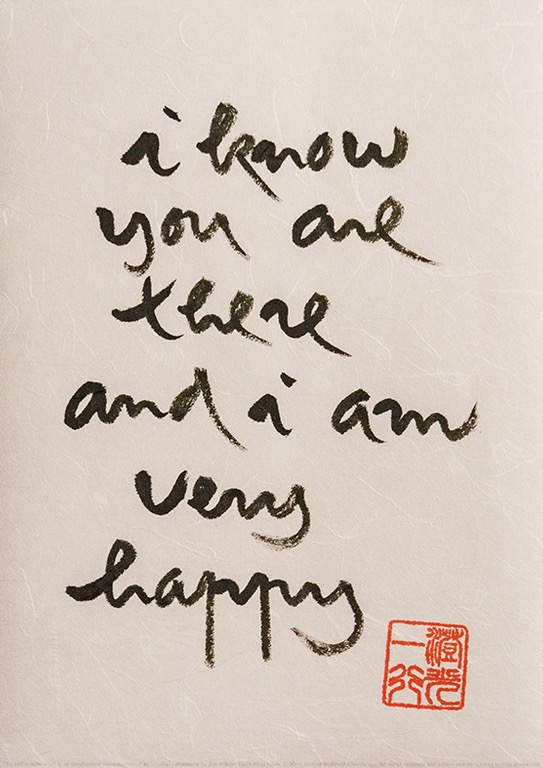When I was growing up in Austria, the sins of our ancestors — the Holocaust, the persecution of Jews, Roma, LGBTQ+ individuals, and anyone who did not conform — were etched deeply into our education and collective memory. From a young age, I asked myself:
Had I lived then, on which side would I have stood? Would I have turned a blind eye, standing by as injustice unfolded, or would I have had the courage to resist, to help those persecuted — even at great personal cost?

Today, as I sit in the safety of my living room in the Netherlands, surrounded by comfort and peace, that childhood question no longer feels hypothetical. In the face of the suffering of 60 Afghan women and human rights defenders now stranded in Pakistan, I know my answer. I stand — and act — with the oppressed. I say yes.
These women are among the bravest I have encountered. They stood up to the Taliban’s gender apartheid, demanding their right to education, freedom, and dignity. In doing so, they paid an unimaginable price: imprisonment, torture, sexual assault, and now, forced exile. Their resilience is awe-inspiring — and heartbreaking. Many now live malnourished, ill, and traumatized, as Pakistan tightens the noose around Afghan refugees, criminalizing landlords who rent to them and employers who give them work, while making visas virtually inaccessible and unaffordable.
The suffering is immense. A mother who fled a forced marriage to a Talib — where she was beaten and burned — now faces violence again in Pakistan, along with her nine-year-old daughter. Malnutrition, PTSD, heart conditions, and deep psychological wounds have become daily reality for many. I can feel their suffering; it reverberates across oceans, across borders. Their suffering is my suffering. And their courage is a mirror of what we are all called to be — if only we dare to say “yes” when life asks.
An intensifying humanitarian crisis
In In recent weeks, the danger facing our group has grown even more severe. Taliban intelligence agents infiltrated their support groups, luring women into revealing their identities and case files with false promises of evacuation to Germany. Now, they receive threats: “We know where you are. We know where your families are.” The sense of fear and vulnerability is palpable.
At the same time, the Pakistani government’s crackdown has escalated. Visas for Afghan refugees are being halted altogether starting May, not June as previously announced. Landlords are evicting Afghan tenants under threat of criminal penalties. The fine for overstaying a visa — an impossible $850 per person — renders legal existence unattainable. Families are being pushed into illegality, poverty, and greater danger, in scenes chillingly reminiscent of darker chapters of our human history.
As if that were not enough, medical access is perilous too: even hospital visits can result in deportation. Children are malnourished, pregnant women cannot get essential care, and desperation looms larger by the day. It has become a full-blown humanitarian crisis — one that is unfolding largely unseen by the world.



Glimmers of hope: breakthroughs in Brazil
And yet, even amid this darkness, seeds of hope are taking root.
Against staggering odds, we have made breakthroughs. A key obstacle for resettlement in Brazil — the need for a “criminal record clearance” — has been resolved through extraordinary diplomacy. The Afghan embassy in Tajikistan, run by the former Vice President of Afghanistan, has agreed to issue these documents for our group, sparing them the impossible and dangerous demand to return to Taliban-controlled Afghanistan for paperwork.
Moreover, Brazil is showing real commitment. The Ministry of Justice has started processing the first 32 case files, and the Brazilian embassy in Islamabad has doubled its visa processing capacity. If everything goes according to plan, the first group of women could reach safety in Brazil as early as mid-May.
These victories, though small in the face of the larger tragedy, are monumental for those whose lives hang in the balance. Every life saved is a victory against despair. Every step forward affirms that courage, persistence, and solidarity can, and do, matter.
The call to all of us
Today, standing on this side of history, the choice is clear: we must not stand aside. If the past taught us anything, it is that silence and passivity are a betrayal. To suffer with another, to act, to hold the paradox of heartbreak and hope — this is the path of humanity.
Fundraising remains the lifeline for these efforts. To move more families to safety, we are working to introduce anonymized profiles of families to potential sponsors. Even small contributions, or groups pooling resources together, can transform lives. If you wish to support a family, please email us sendlove [at] heartwork [dot] earth.
If we open our hearts to their stories — even as the pain pierces — we are no longer bystanders. We become part of the healing. We become the ones we once hoped we would be.
Because when one person suffers, we all suffer. And when one person is saved, we are all saved too.

This is the living practice of True Happiness, as taught by Thich Nhat Hanh: recognizing that the happiness and suffering of others are not separate from our own.
True happiness is not found in external wealth, fame, or comfort, but in cultivating understanding, compassion, and solidarity. By sharing our time, energy, and material resources with those in need, we free ourselves from the illusions of separation.
We touch the truth that we already have more than enough conditions to be happy — when we live with an open heart.
In choosing to stand with these courageous women, we choose to practice generosity, to deepen our own humanity, and to contribute — even in small ways — to the healing of our world.

